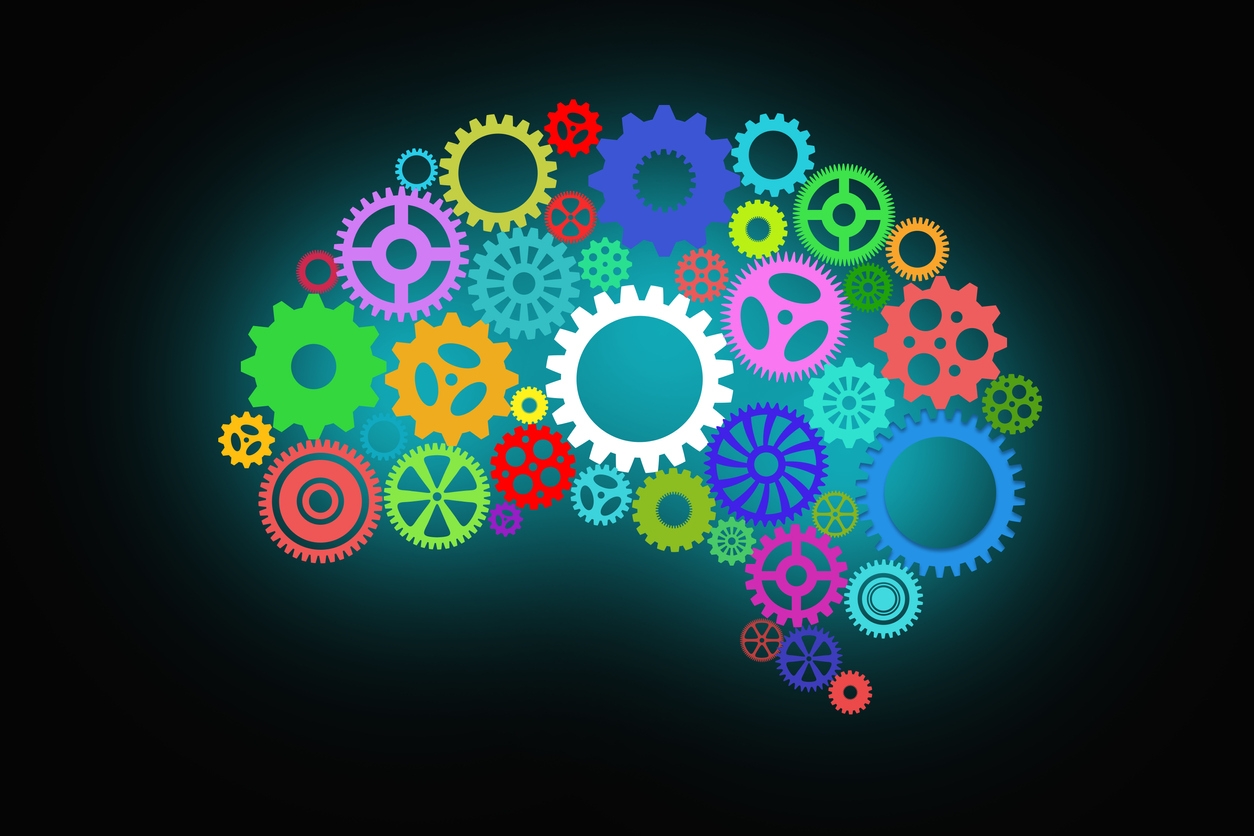Maybe you started your chemistry homework last night but got distracted by your favorite TV show and forgot to finish it. Or maybe you slacked on reading in your history book because you got sidetracked making a modern art sculpture out of your iPhone charger. You try to stay focused, but it’s really hard.
While everybody knows the feeling of being distracted or forgetting things, a consistent struggle to stay on task might be a sign of attention deficit hyperactivity disorder (ADHD). ADHD affects an estimated 11 percent of people between the ages of 4 and 17, according to the Centers for Disease Control, and it may be genetic. By understanding ADHD you can learn to incorporate the positive aspect into your life and move away from behaviors that cause you stress. Here’s what you should know.
What is ADHD?
ADHD is a brain-based disorder that may develop in childhood. That sounds kind of serious, but actually, the symptoms cover a spectrum from mild (most people wouldn’t even notice them) to more extreme versions of typical teen behavior such as feeling hyperactive and easily distracted, a combination that can also make it hard to pay attention in school or listen when a parent or coach is giving instructions. One of the big differences in people with ADHD is that they often learn differently, processing information in a unique way that some research links to more creative thinking.
Perks of ADHD
No one likes feeling restless in class or having trouble focusing during a movie or conversation with a friend. But for all the challenges people with ADHD face, there are some significant benefits as well. For instance, a boost in creative thinking by people with ADHD may be one reason many Hollywood stars and other artists have been diagnosed with the disorder. And when channeled properly, experts say hyperactivity can turn into high energy, which could have helped Olympic swimming champion Michael Phelps, who has ADHD, achieve his goals.
Other studies have found that people with ADHD may possess a unique ability to be hyper-focused on certain tasks, allowing them to tackle tough problems head-on and pursue them relentlessly until completed. And finally, having ADHD teaches you that there is more than one way to learn and that every person is different in the way they think—realizations that make you more compassionate and empathetic.
Living with ADHD
If you are diagnosed with ADHD, treatment may include therapy and possibly medication. “Cognitive behavioral therapy can be effective for ADHD because it offers solutions for the impulse control aspect of the disorder,” says Nicole Washington, DO, a board-certified psychiatrist and mother of a teen with ADHD. “It can also be helpful in introducing behavioral techniques that improve organization and time management.” Therapy can help you learn to do better at the stuff that ADHD makes challenging, like concentrating on school assignments while helping you make the most of skills ADHD accentuates, like creative writing or the willingness to dive into new activities.
Ways to Work with ADHD
While talking with a trusted adult like your teacher, coach, rabbi, or mental health professional can help you understand more about ADHD, these five strategies may also be useful during times when you really need to focus:
- Breathe deeply. It might sound cliché, but it works. Before a big event, stop and take a minimum of five deep breaths. “I try to release stress and excitement, and focus on the fact that I’m heading into a new situation on which I have to focus,” says Peter Shankman, author of Faster than Normal and ADHD sufferer. “I try to clear my mind, so I can fill it up again with whatever happens next.”
- Set yourself up for learning success. If classroom focus is a major issue, you or your parents should talk with your teachers about seating you in the front. “Ask for a location in the classroom that eliminates the distractions to help you complete the assignments given,” says therapist Lisa Bahar in Dana Point, California. Oh, and turn your devices off. Not just mute, but off. If it’s too tempting to have your phone on you, leave it in your locker. It’s hard enough to be present even without the constant notifications.
- Eat smart. Your food choices play a bigger role in your ability to focus than you might think, says Bahar. For instance, foods with lots of caffeine and sugar can mess with your energy highs and lows. On the other hand, ones with complex carbs, like whole grain toast or whole wheat crackers, can keep your energy more level throughout the day.
- Organize life your way. If you have ADHD, what makes sense to your brain might be different than the textbook definition of “organized.” That’s ok. Arrange your life in a way that works for you and makes you feel good. Whether that means keeping a separate set of pens and pads in your locker so you don’t have to worry if you forget them at home, or putting notes in your phone after each class so you remember the homework, don’t feel like you have to do what everyone else does; do what works for you.
- Prioritize sleep. Juggling homework, SAT prep, afterschool sports, and even a part-time job can push sleep way down on your list of things to do. That’s a problem because studies show that people who get enough sleep perform better on tests and in sports, and also have fewer ADHD symptoms than those who skimp on it. “Getting enough sleep can cut down on focus and attention problems,” confirms Washington.
And finally, “go easy on yourself,” says Shankman. “You’re not going to be perfect all the time.” But with practice and help, you’ll learn to make the most of the positive parts of ADHD, while reducing the impact of the less helpful aspects, and that’s major.
Special thanks to our experts: Nicole Washington, DO, board-certified psychiatrist; Peter Shankman, host of the podcast Faster than Normal, and author of the book by the same name; Lisa Bahar, MA, CCJP, LMFT, LPCC, a therapist in Dana Point, California.






